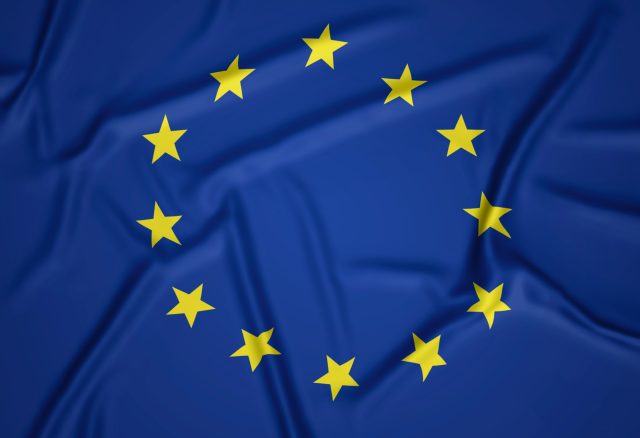
It was held in Brussels the two-day European Council that saw the leaders of the 27 member countries of the European Union discuss: the conflict between Israel and Hamas, the financial framework 2021-2027, the war in Ukraine and immigration.
The theme that led to the questioning and division of those present was the war in the Middle East. After long and heated negotiations lasting more than five hours, it was concluded that no “ceasefire” will be called, as proposed by Spanish socialist Pedro Sanchez followed by the Irish Prime Minister, but more short-term “humanitarian breaks”. The problem of the “ceasefire”, as explained on Wednesday in the Italian Parliament by President Giorgia Meloni and then reiterated by both the Dutch Prime Minister Mark Rutte and the Austrian Chancellor Karl Nehammer, is that it would encourage Hamas to move forward and would tell the Israelis that they have no right to defend themselves.
Instead of this, as mentioned, “humanitarian breaks” were chosen. With this formulation, the aim is to give Palestinian civilians the chance to escape from war zones. In the text agreed between the 27 Heads of State you can read: “The European Council expresses its greatest concern at the deteriorating humanitarian situation in Gaza and calls for continuous, rapid, secure and unhindered humanitarian access and aid to reach those in need through all necessary measures, including corridors and breaks for humanitarian needs”. In addition to working with partners in the region to protect civilians and provide assistance and access to food, water, medical care, fuel and shelter.
A position in line with what was said by the president of the European Conservatives and Reformists, Giorgia Meloni. The latter, in fact, at the conclusion of the first day of the Council said: “We are doing a joint work for a de-escalation, to avoid a conflict that could have unimaginable proportions. There is fullness of purpose and unity of purpose on this. I think the EU can play an important role in this phase”. A solution identified by the Italian Prime Minister and appreciated by the other Heads of State is to give greater weight to the Palestinian National Authority. This can only be done by identifying a ruling class capable and able to develop a dialogue with the West. Meloni had also shared this vision during a phone call with six representatives of the United States of America, Canada, the United Kingdom, Germany and France.
Obviously, there has been a lot of talk about the war in Ukraine, which, despite the fact that it no longer makes the front pages of newspapers, still exists and has been going on for 614 days. European support is being questioned by Robert Fico, the newly elected President of the Government of the Slovak Republic, and Viktor Orbán, the Hungarian Prime Minister. Both are not in favour of sending more money to Ukraine. The plan proposed by the European Commission includes an aid plan of EUR 50 billion: EUR 33 billion in loans and EUR 17 billion in grants. A logic rejected by the Italian government, which is in favour of helping Kiev, but underscores the need to find a single agreement that also includes an agreement on immigration funds. An agreement that must be found as soon as possible otherwise Ukraine will find itself without aid from 1 January.
The theme of migrants was also central. The Italian vision, also espoused by the European Commission, in the face of the war in the Middle East seems to be now shared. Among the proposals: to evaluate an extension of the Irini naval mission, to make repatriations more effective and increase the funds earmarked for the migrations dossier. To do all this it is essential to collaborate with the countries of North Africa, first of all Egypt.



 Subscribe
Subscribe